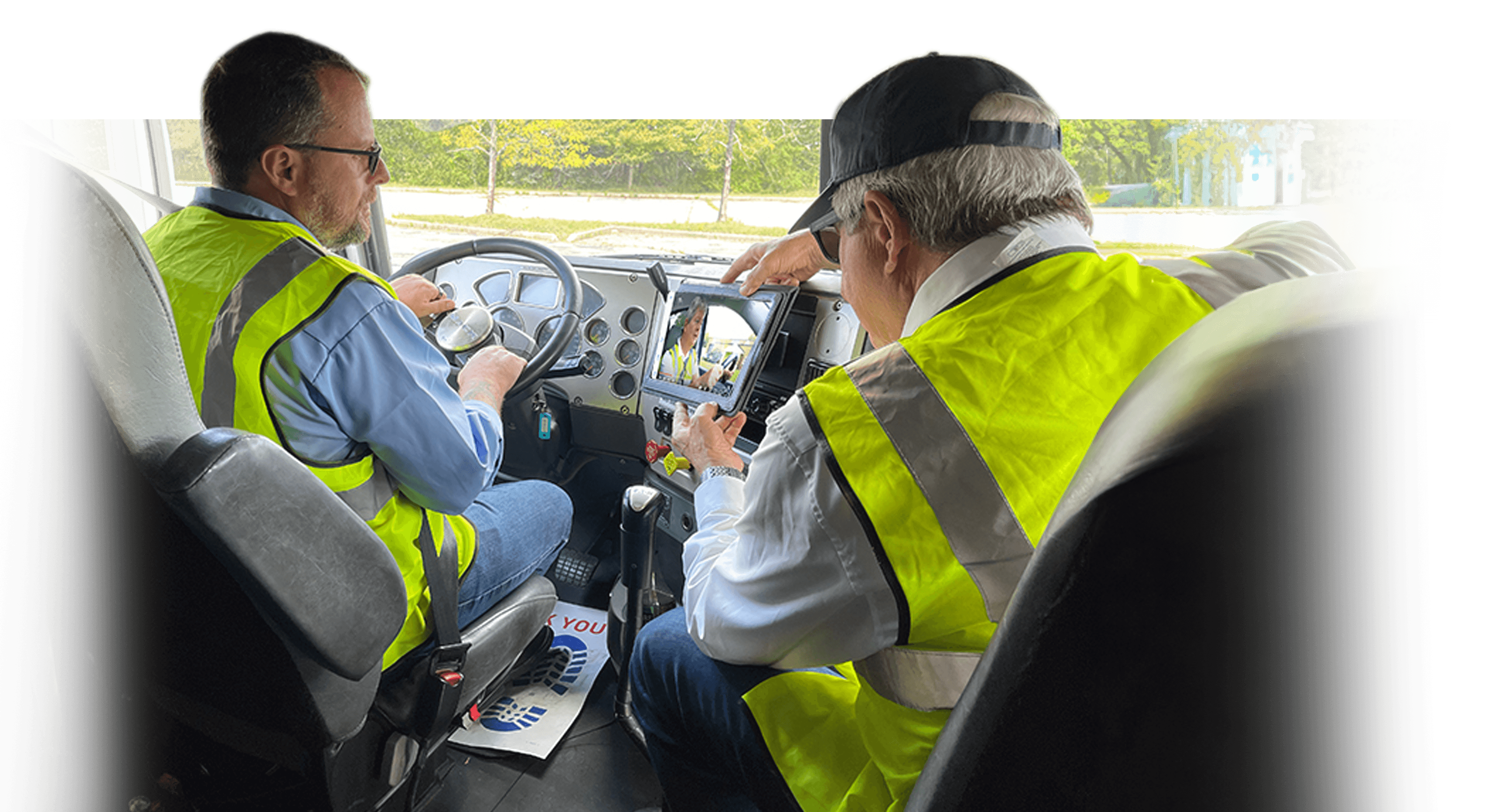Chances are good you’re a sports fan. In a recent survey, 71% of Americans considered themselves a sports fan. Even if you don’t spend your Sunday afternoons glued to the television, you’re probably aware of how your home team is doing right now. Sports news and daily conversations with friends and family make it all but impossible to ignore the impact of sports on society.
Sports is a form of entertainment, but it can also be educational. In fact, there’s a lot we can learn from sports. And in many cases, we can apply what we learn to the workplace.
While major team sports are all quite different, they have some common elements. When we think of the professional sports in America we begin with the oldest team sport: baseball. Although it has slipped into third place in popularity, it has endured the test of time. As Terrance Mann, played by James Earl Jones famously says in the movie Field of Dreams, “The one constant through all the years, Ray, has been baseball.” Today, football has taken over the top spot of professional sports. Like baseball, it also offers lessons to be learned. But we can also learn from basketball, hockey and even soccer, known in the rest of the world as football. We can even learn from some of the individual professional sports such as golf, tennis or bowling.
What can we learn from sports that can help us better understand how to improve employee performance?
Let’s start with mistakes. Professional athletes make mistakes. No surprise there. They’re human and all humans make mistakes.
Interestingly, each major sport has its own special name for mistakes. In baseball when players make mistakes, they’re called errors. When NFL athletes make mistakes in football they’re called penalties. And when a B-baller makes a mistake in basketball it’s called a foul. It’s interesting that each major sport has its own special name for what are otherwise mistakes.
I think most mistakes, by any name, are innocent. They’re caused by a lack of knowledge, skill, or ability, or a combination of all three. Innocent, you say? Are mistakes really innocent? What about the infamous world series of 1919? Eight Chicago White Sox players conspired to throw the game by making numerous mistakes. Despite their acquittals in court, Commissioner Landis permanently barred them from the game. Why? Because their mistakes weren’t really mistakes. They were intentional bad behaviors.
Innocent mistakes happen all the time in sports and in life. Most mistakes are insignificant, but sometimes a single penalty can cost you the game. If fact, it might even cost you the championship.
In life, and at work, little mistakes make us say “oops,” and then we move on. But big mistakes can lead to tragic results, including death. If you analyze the annual reports from several different federal agencies (OSHA, DOT, FDA, FAA, EPA, DOL, etc), you’ll learn that work-related mistakes cost the American economy $1.7 Trillion every year. That’s right. Trillion with a “T!”
At Instructor Mobile, we focus on helping frontline workers learn job-related skills so they make fewer mistakes. Through better On-The-Job Training (OJT), we help you and your business eliminate mistakes. We know we’ll never eliminate $1.7 Tillion worth of mistakes, but we’re optimist that we can make a difference over time. Better OJT will help frontline (deskless) workers make fewer mistakes. In turn, that will help their employers get better financial results. It will also help the customers. And yes, it will even help the national economy.
So what can we learn from professional sports?
When a football team loses a game, the coach sits them down on Monday morning to review the game tapes. He points out the mistakes. They discuss ways to avoid making the same mistakes in the future. In baseball, if an outfielder makes several errors they’re assigned to a personal coach to get their mojo back. When a productive batter falters, it’s not called an error. It’s called a slump. Slumps inevitably result in more batting practice under the direction of a personal coach. I could go on, but you get the point.
People make mistakes. In business we don’t call them errors, fouls or penalties. We just call them mistakes. Some mistakes lead to accidents or injuries. Some hurt productivity or quality. Mistakes are costly and disruptive. Instructor uses the same methodology professional sports teams use to reduce their mistakes. As the trainee learn, you record them. You show them the videos and they immediately understand where they need to improve. Do it just one time and you’ll be amazed at how quickly they become proficient.
Instructor helps you eliminate mistakes.
If you’d like to learn more about Instructor and how to get better performance out of your frontline workers please click the link below

